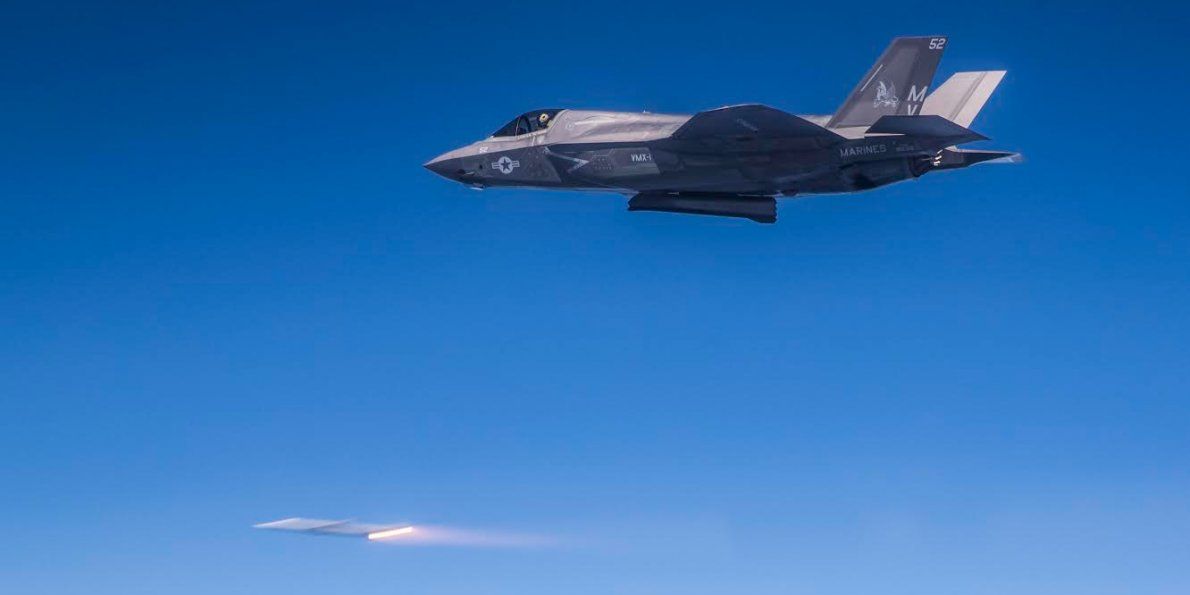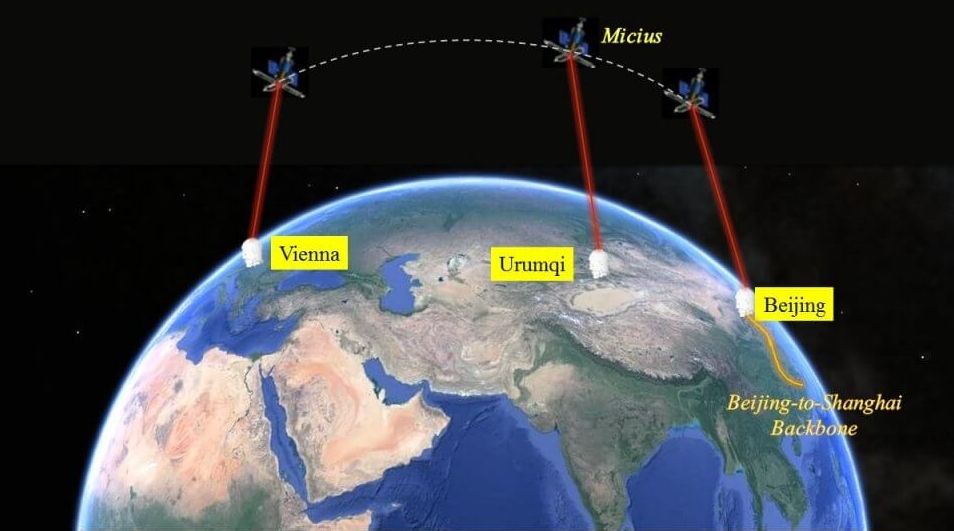Jan 5, 2018
Sorry Sci-Fi Fans, Real Wars in Space Not the Stuff of Hollywood
Posted by Klaus Baldauf in categories: law, military, space travel
WASHINGTON — The public’s idea of a war in space is almost entirely a product of Hollywood fantasy: Interstellar empires battling to conquer the cosmos, spaceships going head to head in pitched dogfights.
The reality of how nations will fight in space is much duller and blander. And some of the key players in these conflicts will be hackers and lawyers.
Savvy space warriors like Russia’s military already are giving us a taste of the future. They are jamming GPS navigation signals, electronically disrupting satellite communications links and sensors in space. Not quite star wars. [The Most Dangerous Space Weapons Concepts Ever].
Continue reading “Sorry Sci-Fi Fans, Real Wars in Space Not the Stuff of Hollywood” »


















